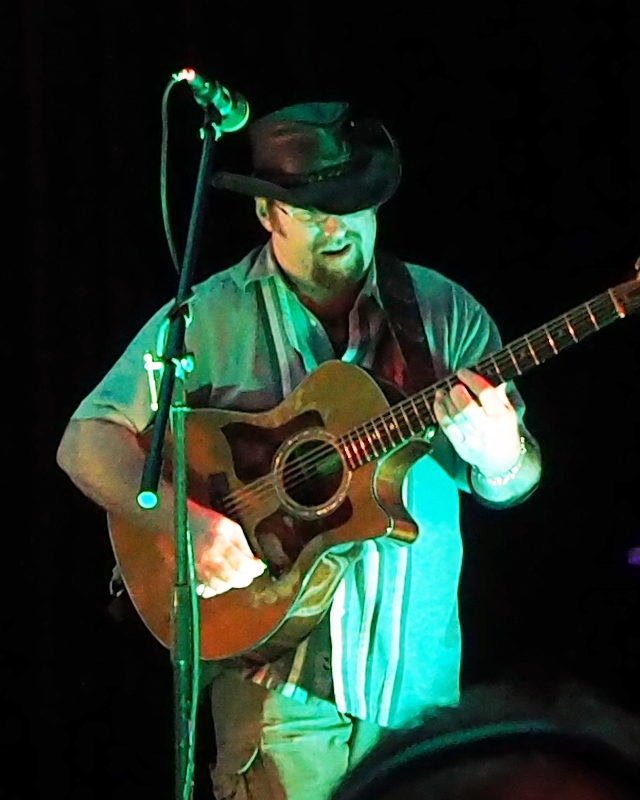There is a fatal flaw contained within every musician. In chasing the emotional connection with music that led to us too become musicians in the first place, we often lose our ability to make that connection. In both playing and listening to music, professional musicians process the experience more in the analytical areas of their brain than the emotional. The years of practice and performance even change the shape of the brain; this Scientific American article quotes a study where they found the auditory cortex in musicians to be 130% larger than the average. Some of these changes were said to be more pronounced when the study of music started at a young age.
I began playing cello at six years old. It is now very difficult for a piece of music to move me emotionally.
I think this is why so many musicians love playing live gigs. That emotional feedback from a crowd moving in unison with a beat you’re providing, singing along with lyrics you wrote, roaring in approval at crescendos and going still to appreciate quiet moments, is an intense rush. But much of it is separate from the music itself. Not necessarily to the crowd, who may be connecting directly to the music itself. But the musicians? I have seen friends and family after theater, dance, or comedy performances. They look just like me after a gig: wound up, wrung out, and ready to do it again. Their experience of the stage and how they describe it jibes perfectly with my experience of it. Certainly, the addition of music to live performance enhances the emotional effect, as music (for most people) has a way of injecting straight into the brain, bypassing most normal filters a person has in place in their everyday life. Take a look at a mosh pit some time and it’s hard to deny the power of music.
I have an anxiety disorder that wasn’t diagnosed until well into my thirties. I started playing professionally at 18. I had crippling stage fright for a solid two weeks before my first gig. To say that I didn’t take to performing easily is a massive understatement. Still, I’ve had my share of good gigs and felt the rush that live performance brings. The memory of 20,000 people pogoing to my band at Winnipeg Folk Festival holds a special place in my memory. But that kind of rush was not why I became a musician.
When I was younger, I connected to music on an emotional level. Just listening to certain songs made me feel a melancholy so intense it was a near religious despair.
Ok, that may have been the undiagnosed depression.
But other songs gave me joy. Some made me move. Still others just resonated with me in an array of unnameable feelings. I became a musician because I wanted to be able to recreate those emotions. And I think I’ve been successful. I’ve watched people weep when I’ve played the right song. Seen them smile, dance, even fight. Just not me. Not anymore.
The process of becoming a musician has changed me. I’ve seen beyond the curtain. Gained access to the levers that music uses to influence the human heart. In doing so, they stopped working on me.
For the most part.
This is why I love to play improvisational music. That’s when I can actually be moved while playing. Instead of the rote performing of every planned note in a song (which there is nothing wrong with and is the surest way of providing a good performance for your audience; but I’m selfish and want to be moved, too) improvising is an ephemeral thing, an untested thing. The waters it sails are uncharted and can lead to unexpected discoveries of modality, pitch, timbre, rhythm, and form. Such surprises move me in a way that the errorless execution of a song cannot. And when I’m playing and the band and the audience reach an unplanned crescendo at the same time, then crash back into the chorus of a song all had thought left far behind? It’s like a joyous return to childhood. To a time before I knew anything about music and just felt it in the unknowable parts of my soul.
Or so it seems. For the moment passes quickly and I am back to chasing the feeling once more.
